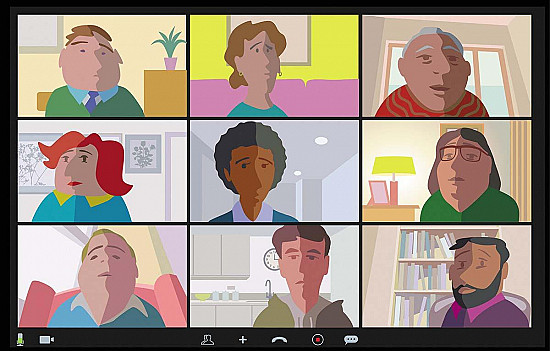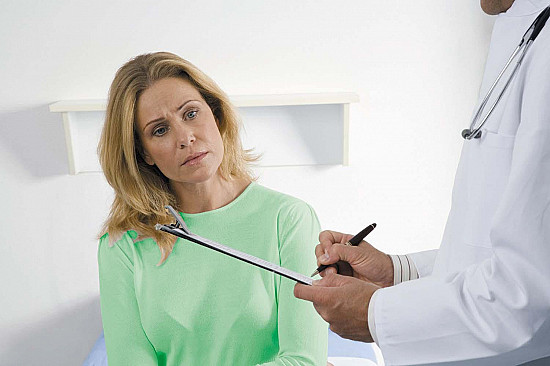Intensive care patients are at high risk for falls and injuries when they return home
In the journals
- Reviewed by Howard E. LeWine, MD, Chief Medical Editor, Harvard Health Publishing; Editorial Advisory Board Member, Harvard Health Publishing

People who are hospitalized and stay in an intensive care unit (ICU) can have a high risk for falls after being discharged, according to a study published in the June 2025 issue of Critical Care Medicine.
Researchers examined 100 patients who had been in an ICU for at least four days, required mechanical ventilation, and remained hospitalized for an average of 25 days. Their physical function, including balance and strength, and cognitive health were assessed upon discharge. Everyone was then monitored for home falls and fall-related injuries.
During the year after their return home, 61% of the patients fell at least once, and 84% fell two or more times. The average fall incidence was 4.4 falls per person, and 25% of falls resulted in injuries needing medical attention. The peak incidence of falls occurred during the first three months following discharge.
The researchers found that fall risk was associated with higher levels of comorbidity (having two or more diseases or conditions), a higher number of medications at the time of hospital discharge, poor balance, and leg weakness. They added that implementing physical therapy during and after the hospital stay and increasing patient awareness about medication side effects, such as drowsiness and dizziness, might offer protection.
Image: © andresr /Getty Images
About the Author

Matthew Solan, Executive Editor, Harvard Men's Health Watch
About the Reviewer

Howard E. LeWine, MD, Chief Medical Editor, Harvard Health Publishing; Editorial Advisory Board Member, Harvard Health Publishing
Disclaimer:
As a service to our readers, Harvard Health Publishing provides access to our library of archived content. Please note the date of last review or update on all articles.
No content on this site, regardless of date, should ever be used as a substitute for direct medical advice from your doctor or other qualified clinician.
















